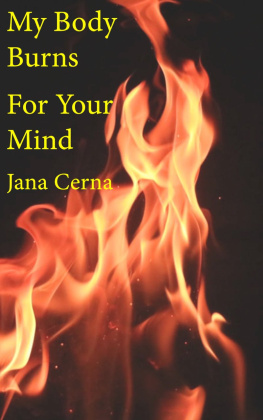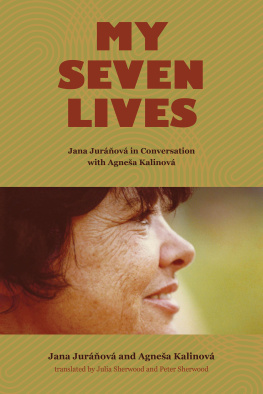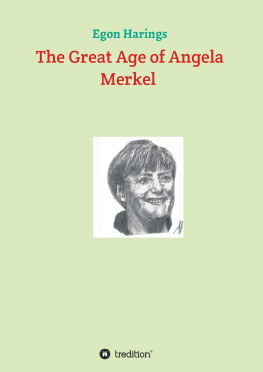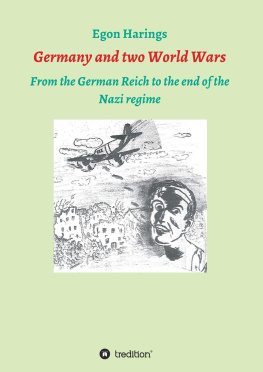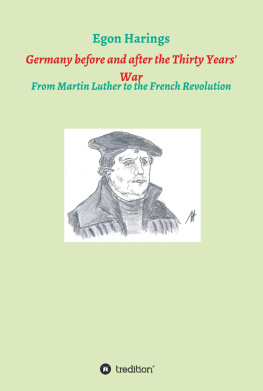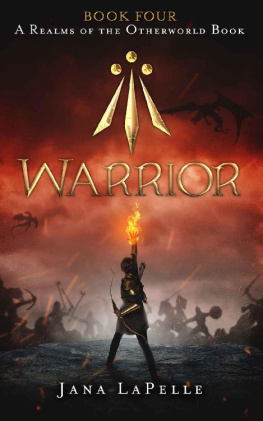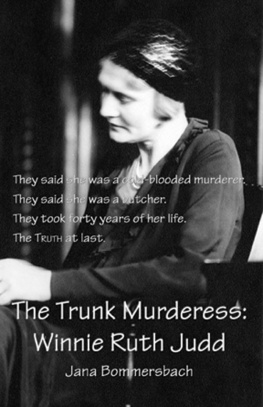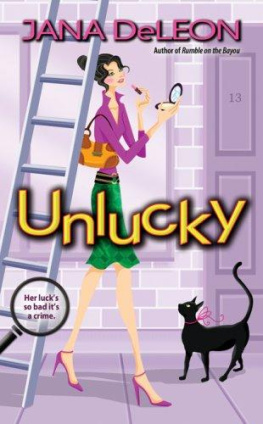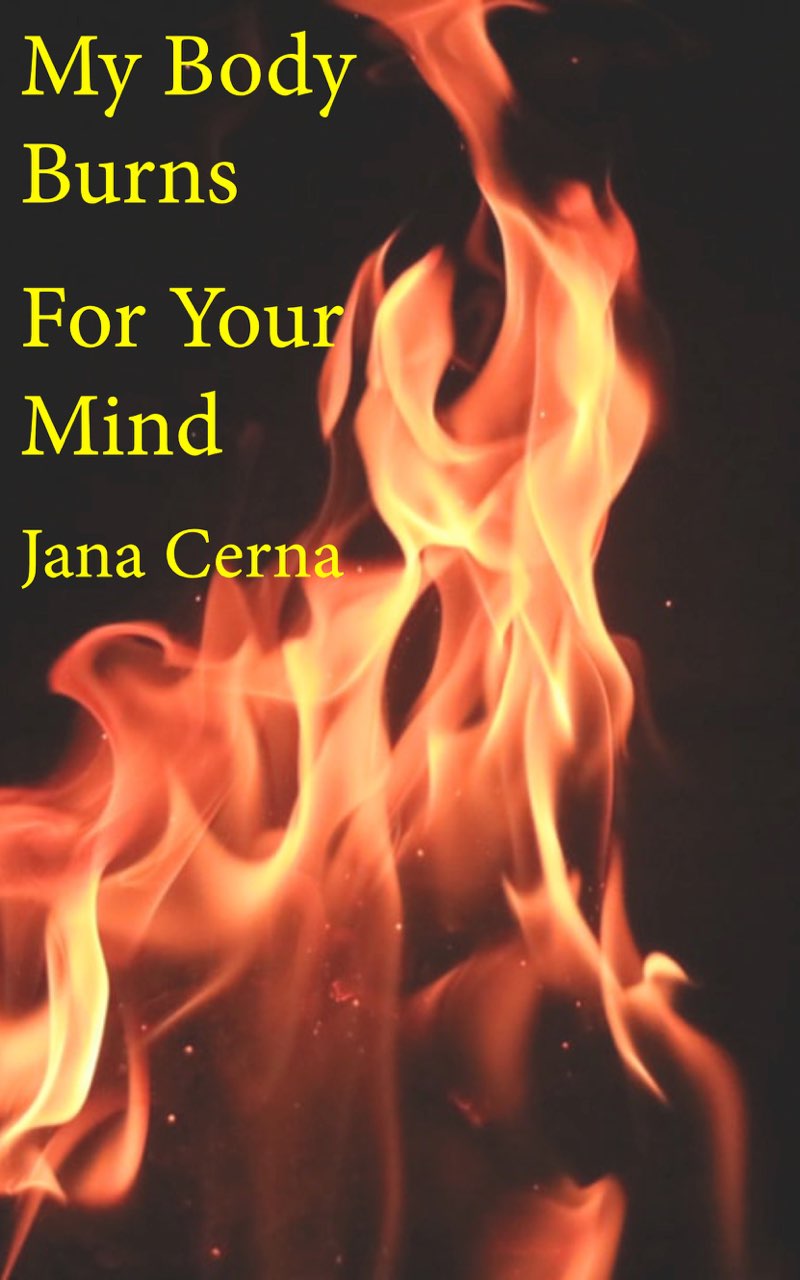Introduction
"Not in the ass today / I'm in pain / and then I'd like to talk to you first / because I value your intellect". Thus begins one of Jana's poems ern called Honza.
We are in the dark post-war years in the countries of the East: years of terror and political fundamentalism, during which society seems devastated, unable to think, to create and where everything seems reduced to its political dimension.
But there a woman in Prague wrote not only about sex and female desire, but beyond writing, putting her non-conformist ideas into practice. She is part of a circle of dissident intellectuals. All live day by day in the same neighborhood of Libe in radical opposition to the principles of the regime, they do odd jobs, conduct artistic and existential experiments and write and publish their texts in samizdat.
Although censored and few in number, these intellectuals will leave their mark on Bohemian society and cultural life, and their influence will be felt in subsequent generations after the Prague Spring. Among them is Egon Bondy (alias Zbynk Fier), the recipient of the following letter. A true myth in the Czech Republic, a great figure of the Prague underground, a philosopher, he is also a songwriter and member of the Plastic People of the Universe (PPU), a psychedelic rock group that symbolized the rebellion of the 1970s. Among their number figures Bohumil Hrabal, who is now considered one of the most important Czech writers (A too noisy solitude, Me who served the King of England) and whose books are full of corrosive irony. And then of course there is Jana ern herself, with her courage, her provocations, her emblematic personal and family history.
Born in Prague on August 14, 1928, Jana ern is the daughter of journalist and resistance fighter Milena Jesensk and architect Jaromr Kreicar. Her parents, committed on the cultural and political front, are used to receiving the entire Czech avant-garde in their homes. Her mind sharpened by these contacts, for the rest of her life she maintained a mistrust and irony towards idealism, intellectual abstraction and conformism, even from the Left.
Milena Jesensk - world-renowned for her correspondence with Franz Kafka - is also a well-known journalist in Central Europe. Her political commitment, freely expressed in her articles in which she castigates both Nazism and Stalinism, led her to be interned for years in the Ravensbrck concentration camp. She died there in 1944, after being marginalized by her former Party comrades who did not forgive her change of opinion.
Jana ern closely shared her mother's turbulent existence until her arrest by the Gestapo in 1939, when Jana was eleven years old. These were foundational years, when, united by a great complicity, the mother entrusted her daughter with the task of clandestinely distributing antifascist leaflets in occupied Prague.
Later on, her adult life was marked by an often provocative non-conformism, contempt for the subordinate role of women, a keen sense of resourcefulness, a cult of independence and a passion for ideas and the arts.
When her mother is arrested by the Gestapo, Jana is entrusted to her grandfather and finds herself at his death - she is 17 years old - with a meager inheritance that is gone within a year. According to her son Jan ern, she is devastated. It is the beginning of a nomadic and dissolute existence.
Jana ern married for the first time in 1949. A year later, she met her second husband, Milo ern, with whom she would have four children, but their relationship quickly deteriorated and her children were placed in an institution. To survive, Jana ern took odd jobs (cleaning lady, tram puncher, assistant cook), she also works as a typist, purely for food.
In the early 1960s, she married a third time and gave birth to a fifth child. The court sentenced her to one year in prison for lack of care and entrusted the child to adoptive parents. Jana ern died in a car accident in 1981. Shortly before her death, she had married again and, according to the testimonies of her relatives, had become a believer: we can already feel the emergence of a certain religiosity in her letter to Egon Bondy, written twenty years earlier.
In this letter, Jana's energetic invitation to link poetry and philosophy, life and literature, sex and art, reveals a powerful defence of the freedom of the individual in the face of Stalinism, and testifies to the extraordinary reaction of a libertarian intellectual to the political situation of the time.
The small, but lively underground movement in which she participated is not without analogies with the American Beat Generation. In the same way that it was born and developed in the midst of McCarthyism - years of political decline, fear and persecution - the Prague underground experienced its most prolific period during the years of Stalinist terror. Moreover, both movements reject hyper-politicized societies - with their fanaticism and witch-hunting - and instead claim a space independent of politics dedicated to art and private life and experimentation in them both.
Through her way of life and her work, Jana ern has embodied a proto-feminist form in the eyes of the later generations. One could almost say, that the title is itself a metaphor for feminism.
The rest, And then I would like to discuss a little with you first / because I have respect for your intellect, expresses her refusal to submit to male primacy, but also her willingness to seek a new "possible", a space where sexuality and intellectual activity would not be in opposition.
In the following letter, written more than ten years after the poem, she is now fully aware of the revolution she has triggered in her love relationship. Her feminism, closely linked to her anarchist refusal of any established order, seems to attack the patriarchal and macho order more than the male.
Jana ern also played a valuable role in the transmission of Prague's multicultural heritage, the crossroads of Czech, German and Jewish peoples. A crossroads, as Hrabal says, traumatized from a sociological point of view, but which has provided fertile soil for literature and its life-affirming position in relation to the conventions known as "Prague irony".
Jana ern spent her entire childhood at the heart of this extraordinary crossroads of cultures, witnessing its disappearance with the arrival of Nazism, and clearly perceived the uniqueness of such a cultural heritage.
Like Milena Jesensk, Jana's erns fate will always be linked to the heart of Europe, in Prague.
According to her friend the writer Bohumil Hrabal: "If Akhmatova said of herself that she was a black swan, Honza was a white swan with a wounded wing, but with splendid, big, sad eyes and the heart of a cursed poetess".
Anna Rizzello
Editor
Honza Krejcarov is the name by which she was known in the Prague underground. It is not a pseudonym: Krejcarov is her maiden name, while Honza, which derives from Jan, has been her nickname since childhood.
A term that refers to the clandestine system of circulation of dissident writings in the USSR and its Eastern Bloc countries.
Anna Akhmatova, (Odessa, 1889 - Moscow, 1966) one of the greatest Russian poets of the 20th century

